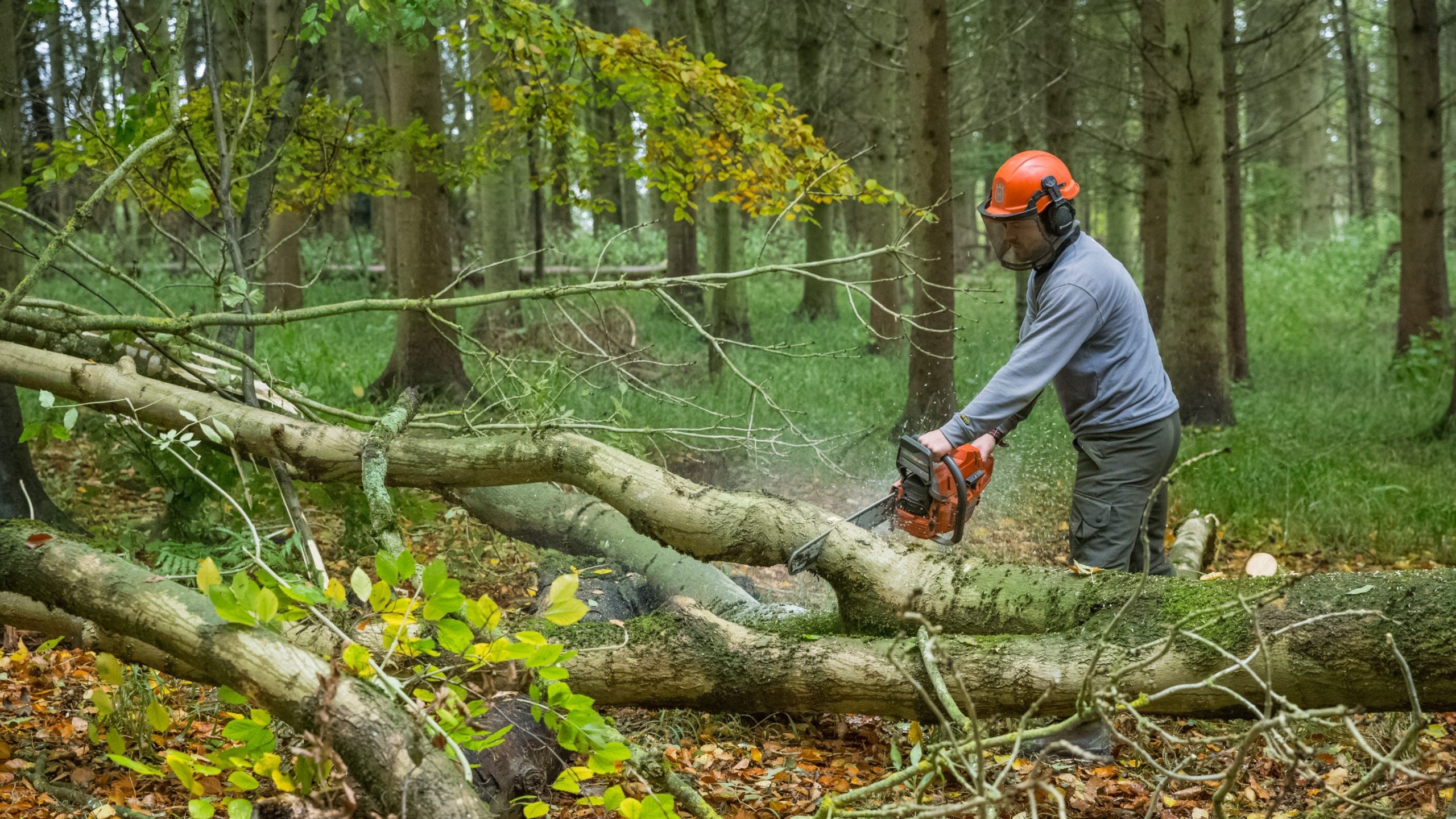In today’s fast-paced world, the quest for a balanced lifestyle harmonizing with nature has never been more pertinent. As we navigate the complexities of modern life, the importance of maintaining a connection with our natural environment becomes increasingly clear. This article explores the essence of living in harmony with nature, offering practical advice and insights for those seeking a more sustainable and fulfilling life.
Table of Contents
Understanding the Balance
Nature operates on a delicate balance, a symphony of cycles and processes that sustain life on Earth. From the water cycle that nourishes the land to the pollination processes that ensure the reproduction of plants, every element of the natural world is interconnected. Recognizing our place within this system is the first step towards living harmoniously with nature.
The Role of Humans in Nature
Humans are an integral part of the natural world, yet our activities have often disrupted the balance that sustains us. Deforestation, pollution, and overconsumption of resources are just a few examples of how we have altered natural processes. To restore balance, it is essential to adopt practices that support the planet’s health.
Practical Steps Towards Sustainable Living
Living in harmony with nature involves making conscious choices that reduce our environmental footprint. Here are some practical steps anyone can take:
- Reduce, Reuse, Recycle: Minimizing waste is crucial. Opt for reusable products, recycle whenever possible, and donate items you no longer need.
- Conserve Water and Energy: Simple actions like fixing leaks, using energy-efficient appliances, and turning off lights when not in use can make a big difference.
- Support Local and Organic: Purchasing locally grown, organic food supports sustainable agriculture and reduces the carbon footprint associated with transportation.
- Embrace Minimalism: Living with less declutters your space and reduces the demand for resources needed to produce goods.
- Green Transportation: Whenever possible, choose walking, biking, public transportation, or carpooling to reduce carbon emissions.
The Impact of Diet on Nature
One often overlooked aspect of living in harmony with nature is the impact of our dietary choices. A plant-based diet is not only beneficial for health but also significantly less taxing on the environment compared to a diet high in animal products. Reducing meat consumption can lower the demand for land and water resources and decrease greenhouse gas emissions.
The Benefits of Connecting with Nature
Reconnecting with nature has profound benefits for both the planet and our well-being. Spending time outdoors, whether gardening, hiking, or simply taking a walk in the park, can improve physical health, reduce stress, and enhance mood. Moreover, a deeper connection with nature fosters a sense of responsibility towards the environment, motivating us to make more sustainable choices.
Creating a Green Space at Home
You don’t need to venture far to connect with nature. Creating a green space at home, whether it’s a garden, a balcony filled with plants, or indoor greenery, can provide a daily dose of nature’s benefits. Gardening, in particular, is a rewarding activity that not only beautifies your space but also contributes to biodiversity and helps combat air pollution.
The Role of Education and Community
Education plays a crucial role in spreading awareness about the importance of living in harmony with nature. Schools, community centers, and online platforms can offer valuable resources and workshops on sustainable living practices. Additionally, joining local environmental groups or initiatives can provide a sense of community and amplify the impact of individual efforts.
The Power of Collective Action
While individual actions are important, collective efforts can lead to significant environmental improvements. Community-driven projects like tree planting, clean-up drives, and renewable energy initiatives can make a substantial difference in local ecosystems and beyond.
Embracing a Sustainable Future
As we strive for a more sustainable future, it’s essential to remember that every action counts. By making informed choices and encouraging others to do the same, we can collectively work towards restoring the balance of nature. For more insights on embracing a lifestyle that supports the health of our planet, consider exploring Balance of Nature.
Final Thoughts
Living in harmony with nature is not just a choice but a necessity for the well-being of our planet and future generations. By adopting sustainable practices and fostering a deeper connection with the natural world, we can pave the way for a healthier, more balanced life. Let’s embrace the journey towards sustainability with optimism and determination, for in the harmony of nature lies the key to our survival and prosperity.





